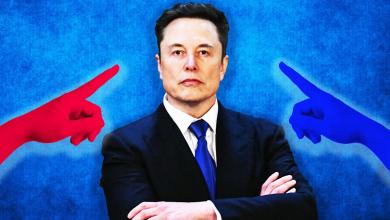Trump signs order ending duty-free treatment for cheap shipments from China
By Andrea Shalal
WASHINGTON (Reuters) -U.S. President Donald Trump signed an executive order on Wednesday that closes a trade loophole known as “de minimis” that has allowed low-value packages from China and Hong Kong to enter the United States free of duties.
Trump signed the order, which takes effect at 12:01 a.m. Eastern Time (0401 GMT) May 2, in the Rose Garden of the White House after announcing sweeping new tariffs on global trading partners.
The White House said the move, first reported by Reuters earlier on Wednesday, came after Commerce Secretary Howard Lutnick certified “adequate systems are in place to collect tariff revenue” on the shipments.
It said imported goods from China and Hong Kong sent outside the international postal network and valued at or under $800 would now be subject to all applicable duties.
Imported goods sent through the postal network and valued at or under $800 would now be subject to a duty rate of either 30% of their value or $25 per item, with that rate increasing to $50 per item after June 1.
Trump had signed an initial order on February 1 ending duty-free entry for the cheap Chinese goods, but later paused the order because of logistical issues complicating the inspection of millions of the low-value shipments.
“They figured it out,” a source familiar with the decision said. “De minimis is being stripped from China.”
The number of shipments entering the U.S. through the duty-free route has exploded in recent years, reaching nearly 1.4 billion packages last year.
More than 90% of all packages coming into the U.S. now enter via de minimis, and of those, about 60% come from China, led by direct-to-consumer retailers such as Temu and Shein.
Temu is owned by PDD Holdings, while Shein is aiming to list in London this year.
With changes to the U.S. de minimis threshold anticipated, Temu has rapidly expanded its semi-managed model, an Amazon-like strategy that sees goods shipped in bulk to overseas warehouses instead of directly to customers.
PDD Holdings’ co-CEO Chen Lei last month told analysts to expect “challenges” for its global business, adding that PDD’s
response includes exploring new business models and experimenting with “innovative localised supply chain solutions”.
For its part, while the vast majority of Shein’s products are still made in China, it has also started to diversify its supply chain, adding suppliers in Vietnam, Brazil and Turkey, a move that might also accelerate in the wake of new tariffs and regulations.
Source link



